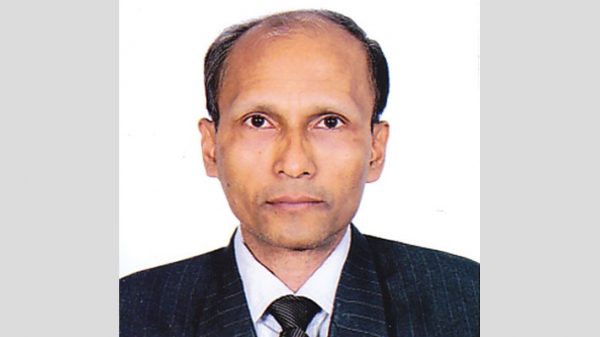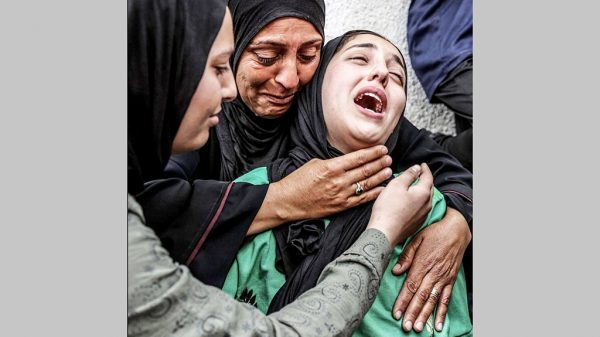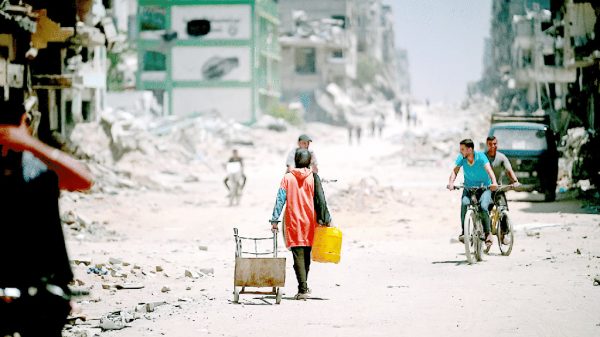Education Battered by Covid-19, NGOs’ Response and State Reaction

Masum Billah:
A Bengali newspaper’s heading titled ‘Government is disgusted with the bizarre works of NGOs for primary education’ drew my attention, making me feel constrained to add something more to this issue. UNESCO claims that the education situation of South and West Asia faced serious challenges even before the advent of COVID-19 and the pandemic has turned the education situation worse.
Bangladesh alone has faced an adverse effect with forty million students’ education being set back. Globally twenty four million students may not come back to schools again. So, UN Secretary General Antonio Guterres has warned that global education may see a collapse due to this pandemic. In Bangladesh, already 20 per cent people live below the poverty line and due to the Coronavirus another 20 per cent is assumed to go below the poverty line.
The collective research conducted by Power and Participation Research Centre and BRAC Institute of Governance and Development shows that the lower income group people living in the urban areas has seen 82 per cent reduced income than before and the earnings of the lower income group people of rural areas has gone down by 79 per cent. All these figures will affect the overall education situation in the country.
UNESCO has said that closing schools does not necessarily hamper education only, it hampers many aspects of everyday life. It is learnt that some Non-Governmental Organisations (NGO) running educational activities for the pre-primary and primary education has invited the wrath of the Directorate of Primary Education (DPE) as the NGOs try to implement some educational exercises either without the knowledge of DPE or those exercises doesn’t conform to children’s education. DPE must exercise its authority within its purview as it has shouldered the responsibilities of overall primary education of the country. NGOs don’t have the right to misguide children’s education. However, DPE should also ensure that all the children affected by the Coronavirus pandemic must see themselves in an educative environment even being at home. Some parties may come up with some programs to fill up any gap in this regard.
Due to the pandemic, 24 million children may drop out of school globally, that may reduce the future possibility of human capacity. It may widen the social disparity and development gained in the last several decades as told by the UN Secretary General. In about 200 countries, more than 16 million students that accounts for 99 per cent of the total students have gone under the threat of adverse effects of Coronavirus.
Different countries have adopted different ways and the donor agencies also have come up with their aids and suggestions to minimise the loss of education. The NGOs working for primary education in Bangladesh have received such kind of support from the donor agencies. However, it has been learnt that some NGOs have diverted the money into other channels which seems unfortunate. The officials of DPE are disgusted with it. Usually NGOs work with permission from the DPE or some other proper authorities. In this perspective, DPE has decided to monitor the works of these NGOs. For this purpose DPE has asked the field level officers to send information about the NGOs working for primary education.
Even before the advent of Coronavirus the education of South and West Asia experienced challenges and the situation has become worse with the pandemic and our country has seen that forty million students have become affected. This huge education gap appears difficult to be dealt with by the government alone. The cooperation in the real sense of the term among the government and NGOs can minimise some gap. Our ultimate objective should be to save the children from education poverty and educational nutrition.
Huge number of students have been displaced due to Corona with their parents for their survival. Many of them may not come back to schools again. UNESCO, however, has rightly said closing schools does not only hamper education. It hampers many other things of life and the guardians of these families cannot satisfy the hunger of family members let alone send their children to school again. If we look at the dropout picture we can see that in 2019 the dropout rate in the primary was 17.9 per cent, in 2018 it was 18.6 per cent, in 2017 it was 18.85 per cent, in 2016 it was 19.2 per cent, in 2015 it was 20.4 per cent and in 2014 it was 20.9 per cent. However, it was 45.1 per cent in 2009. Since then the dropout rate was decreasing for five years because of various steps taken by the state. But it has been almost confined to the same circle since 2014.
This dropout figure in the secondary level was 37.62 per cent in 2018, 37.81 per cent in 2017, 38.30 per cent in 2016, 40.29 per cent in 2015 and 41.59 per cent in 2014. However, it was 55.31 per cent in 2009. The rate decreased for five years till 2013 but from 2014 to 2018 it did not improve, moving inside the same circle as happened to primary. It has created concern among all those who belong to and work for education. Pointing fingers at each other or trying to find fault with others does not necessarily help us overcome this situation. To get out of this circle it is absolutely necessary to work together.
It is true that our primary education receives huge attention and importance from the state. However, lacking quality education the pupils stand far away from the competencies they are supposed to gain after completing primary education. No one can deny this fact. And this picture stands more dismal in government primary schools. In this perspective, we need to work together with a strong commitment to bring about real change in our primary education.
A sound competition can be allowed among the schools run by private sector, NGOs and the state. Only the government cannot ensure sound primary education for all due to some obvious reasons. NGOs and privately run primary education also have problems of different nature. It is the imperative of the time to ensure quality primary education for our children. A well-coordinated effort between the government and non-government sectors can make some positive changes and its absence will do just the opposite.
The writer works for BRAC Education




























Leave a Reply